Glass Liners in The Demand for Glass Jar Packaging
The appeal to use glass packaging is now more prevalent than ever. More and more people have become environmentally inclined to cope with consumerist practices, and subsequent manufacturing protocols, have followed suit. And when it comes to packaging in glass, one of the biggest hurdles for manufacturers is glass liners.
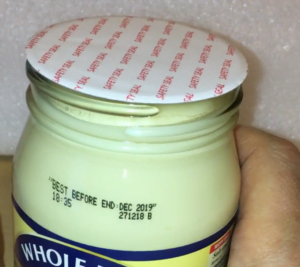 For many environmentally-conscious individuals, the appeal of glass-packed products is partly due to the wanting that said product not be tainted by plastic contact. Consumers are looking for purity in products and most likely align themselves with the goals of environmental awareness and sustainability. A big plus is that glass packaging is easily recycled and upcycled. If packaging can be repurposed or go on to serve a purpose well beyond a single use, then that is ideal.
For many environmentally-conscious individuals, the appeal of glass-packed products is partly due to the wanting that said product not be tainted by plastic contact. Consumers are looking for purity in products and most likely align themselves with the goals of environmental awareness and sustainability. A big plus is that glass packaging is easily recycled and upcycled. If packaging can be repurposed or go on to serve a purpose well beyond a single use, then that is ideal.
With the widening usage of this type of packaging, improvement of glass liner technology is an inevitable need that must be met.
Traditional Glass Sealing
The uses of glass liners are three-fold:
- A barrier for outside elements upon opening of the product
- A form of tamper evidence
- A seal to prevent leaking
Classically, almost all glass packaging had a neck with a thread to allow for the placement of a cap. More often than not, this cap was made of metal, thereby eliminating the prospect of using induction sealing for these products.
The induction sealing process usually works with a cap holding the induction sealing liner. This cap is then passed under a high-frequency oscillating magnetic field to adhere the components to one another. This process, however, does not work with metal caps as the metal interferes with the magnetic field.
In order to achieve the necessary uses of the glass liner, traditionally-used technology included heat shrink bands and tamper-evident labels. These two brought their own sets of challenges.
Heat shrink bands are difficult to apply in production and are even more difficult to remove once in the hands of the consumer. They have also been known to “collect” dust from the surroundings, making them less than appealing for end users. They even have the added disadvantage for the modern environmentally-conscious consumer: they are made of plastic. Ironically, when purchasing this glass-packaged product, the consumer will first have to remove the heat shrink band before they can even have access to the product.
Tamper-evident labels, on the other hand, are applied to the lid and serve as proof of any tampering with the product. They are used in the food and pharmaceutical industries for the benefit and safety of consumers.
Tamper-evident labels, along with heat shrink bands, are added on and do not serve the purpose of preventing leaks on their own. As such, it was very difficult for manufacturers to incorporate them with glass liners in order to achieve all three goals of liners. This lack of leak-proofing generally limited the use of glass packaging to dry powders and goods. Connected to this was the difficulty that liquids, especially oils, added to the equation. Previously, many liners would deteriorate with prolonged contact with the products. Their rims would gradually lift off of the glass container’s mouth, leading to issues with the integrity of the liners and the loss of trust of the consumers in the safety of the product.
New Technology in Glass Liners
With the advancement of technology, there is now newfound flexibility in glass jar seals. The improvement comes in time with the increased reliance on glass packaging, allowing said consumers to keep their values when they purchase products sealed with the now more reliable glass liners.
This new technology in glass liners now allows manufacturers to cater to a wider variety of products to package in glass: anything from coffee that needs its freshness maintained, to gel capsules that need tamper evidence, all the way to vegetable oils which proved hard to seal in the containers of the past.
Benefel Pty Ltd and Adeneli Packaging
Our teams at Benefel Pty Ltd. and Adeneli Packaging can help you with your glass liner needs. Our experts are on standby to take your calls and chats. Whatever product you may have, we have the perfect liner material for you. Product consultation is free and we are happy to develop partnerships with our customers by supplying consumable products that work well with packaging machinery.
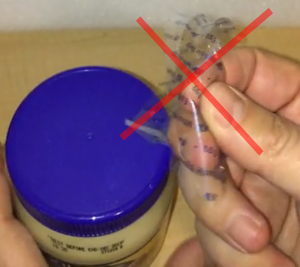
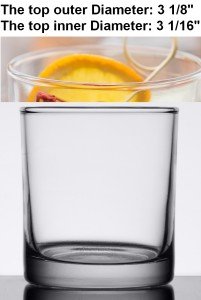
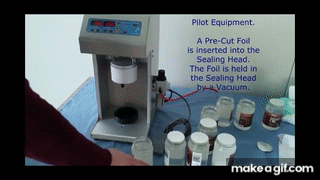
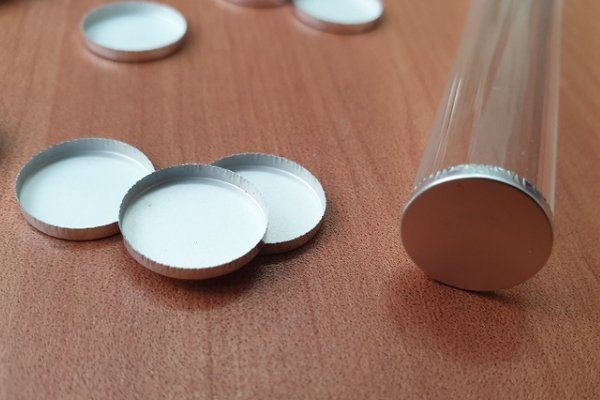


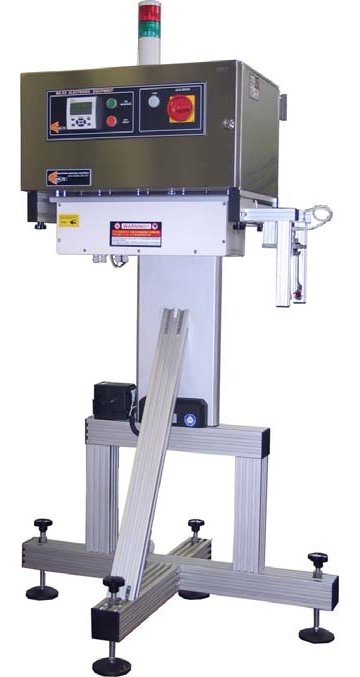



Follow Us